Buying Used Cars: Guide to Buying Second Hand Cars in 2021
The second-hand car market is prevalent in the UK. Whether it’s a used Mercedes or a used Toyota, buying a used car can save you a lot of money. Fortunately, the second-hand market comes in abundance of choice. This guide lists the best tips and checklists to help you on your journey of picking up your ideal car in the market.
First, you need to understand what you really need from a car to pick the car you need. Here’s a list of question to ask yourself and your first checklist on this venture:
First Checklist
Used Car Buying Advice: Think of the Purpose of Your Purchase

1. What are my necessary requirements?
A cheap car to maintain? A flashy car? A car with enough room for the family?
2. Does the car need to do anything specific?
Does it need to be used for daily commuting? Does it need to fit in small spaces? Does it need to tow a trailer?
3. What fuel am I looking for - Diesel or Petrol? Does fuel economy matter?
The type of fuel you prefer makes a big difference in the model you choose.
4. Is it for city usage or longer motorway journeys?
Identifying the regular journey the car will have to do plays a part in the type of transmission you pick.
5. Do I need boot space?
Would you need to transport a pushchair or maybe some sports equipment? Consider whether you would need the room for such things in the long-run.
6. Do I want it to be an eco-friendly car?
If so, there are plenty of hybrids or electric cars to pick from. They may cost more to start with, but some even come with government grants! The maximum grant available for cars is £3,000.
How to Find a Good Used Car at a Cheap Price
Here’s a list of things to keep in mind:
1. Mileage
Mileage is the number of miles or kilometres travelled by the vehicle. The average covered is around 10,000 miles a year.
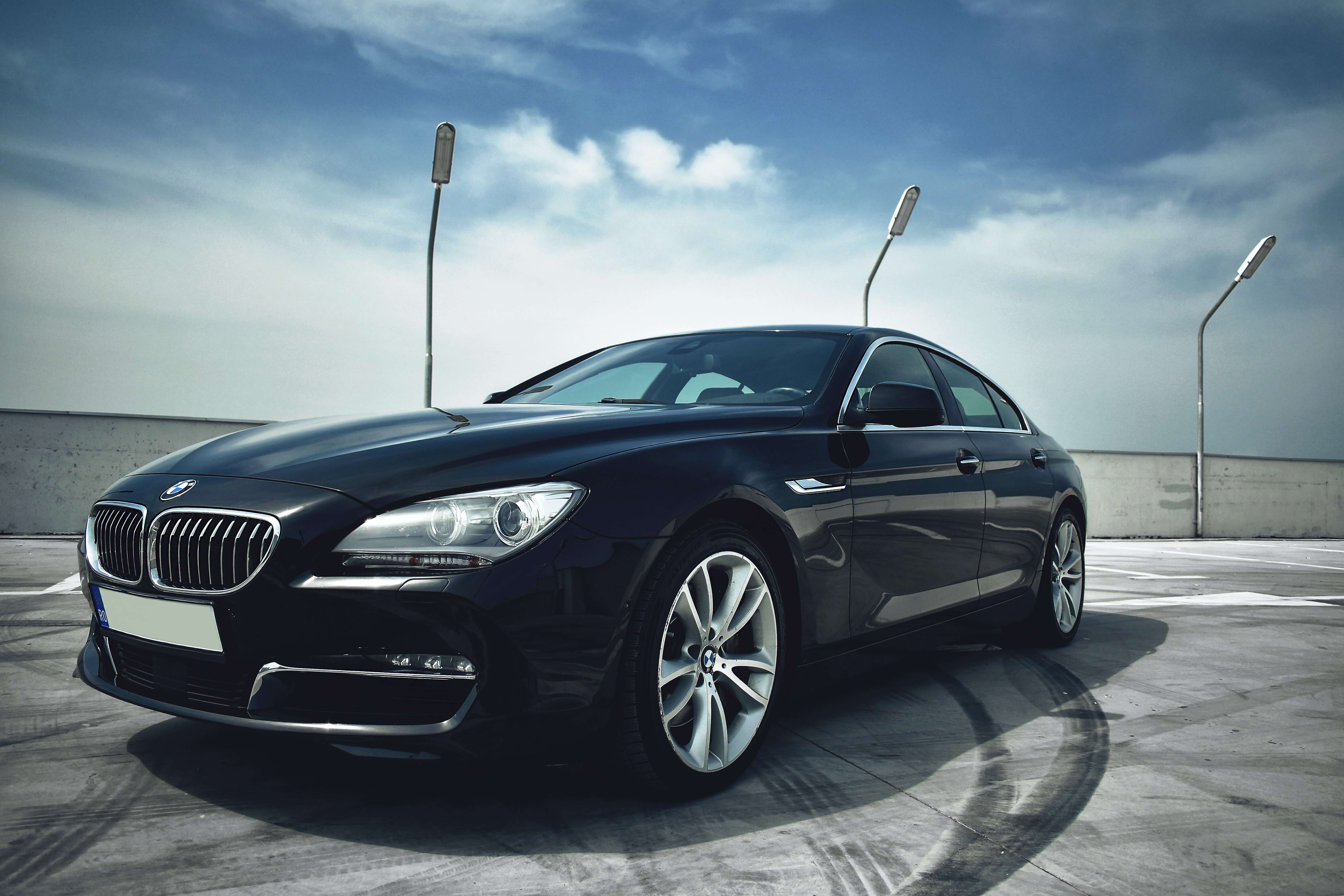
For example, an automatic 2017 BMW 3 series (sport) saloon with a mileage of approx. 34,000 miles costs about £16,800 whilst the exact same model with a mileage of approx. 21,500 miles costs about £18,450. It is said that a car depreciates between 8-26p per mile driven.
Based on the average miles covered in a year, a car will depreciate between £800-£2,600. Car mileage in the UK is grouped into bands of 20,000 miles. According to webuyanycar.com, for every band passed, the car loses an average of 20% of its current value. However, some cars depreciate faster than others depending on the engine as well.
The odometer measures the distance travelled by the vehicle. However, be wary if the odometer’s figure appears out of range for its age. If it does not add up, ask why. If the answer is unsatisfactory, do not fall for this excuse. Some people may have ‘clocked’ the odometer. You can also check the last service for the mileage to see if this is in line with the figure.
2. Manual transmission is cheaper than an automatic

An automatic transmission is convenient but more expensive than manuals because of the complex mechanics behind it. They may also be more costly to maintain and repair.
For example, a manual 2017 BMW 3 series (sport) saloon costs approximately £13,500 whilst an automatic model costs £16,500. Even though the automatic has clocked 3,836 miles more than the manual, the automatic costs £3,000 more than the manual.
3. Cars that run on petrol are typically cheaper than diesel
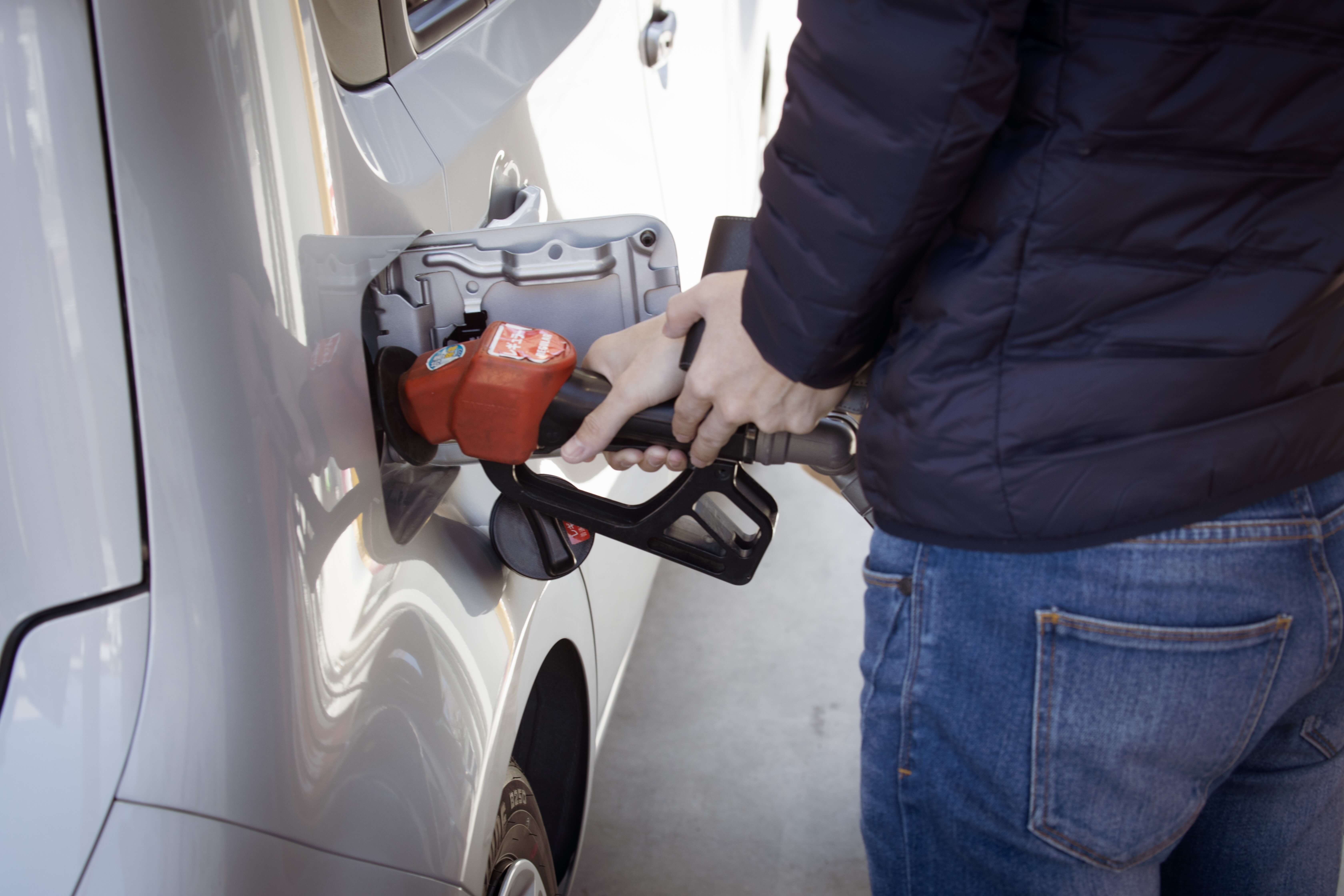
Whilst diesel engines are often more fuel-efficient than petrol ones, these cars typically cost more and are more expensive at the pump than petrol. Remember the checklist above before you decide to purchase a diesel car. The differences between a diesel and petrol engine are addressed further down in this article to help you make an informed decision.
4. Smaller engines are usually cheaper
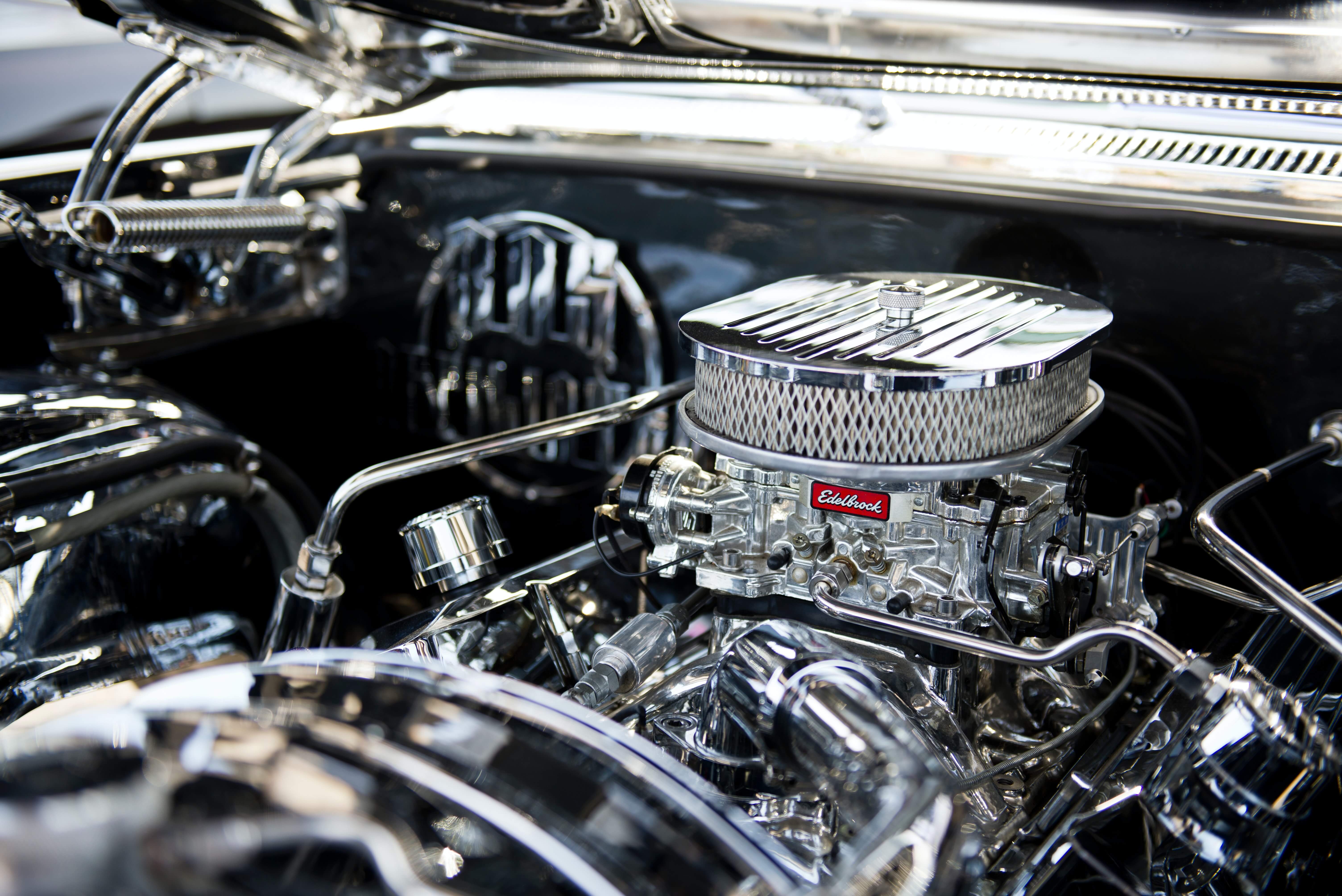
In simple terms, a bigger engine means more horsepower. Whilst a 2.0-litre engine may give you more horsepower, it also usually burns more fuel than a smaller engine. Thus, if fuel economy is a criteria to you, engine size is a vital consideration in your decision.
Besides fuel economy, remember you need to recognise the use of your car. If it’s meant for short distances, a small engine will be most efficient. However, if you are looking for long distance and high speed, a small engine would not be ideal as it will have to work much harder to keep the car moving, thus burning more fuel than needed.
Remember to always refer back to your checklist on the purpose of your purchase.
5. Hybrids are more expensive to buy but cheaper to run
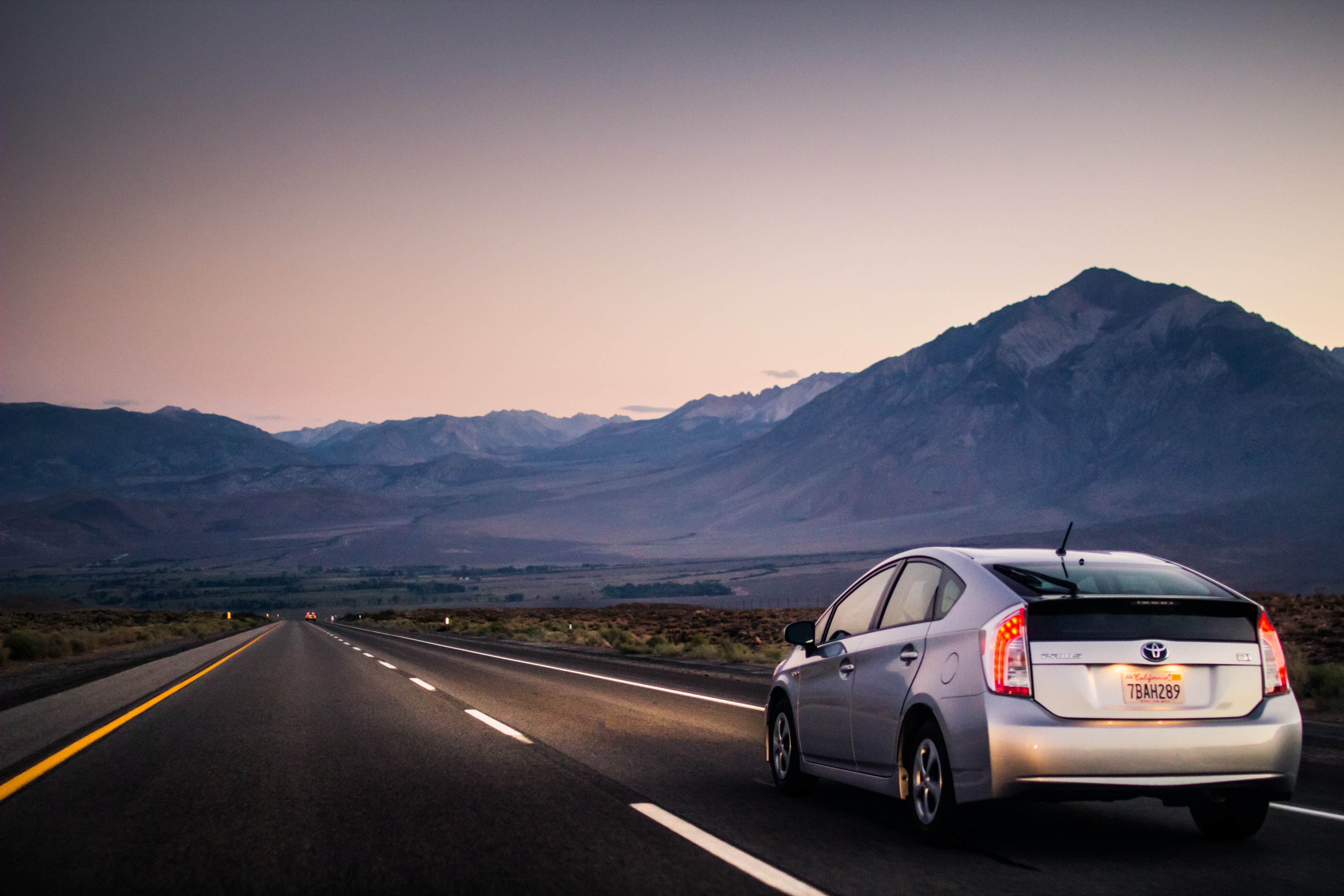
Hybrids come in all shapes and sizes these days! From superminis to luxury SUVs. Fuel-economy and cheap or even zero tax rates make part-electric cars such as the Toyota Prius very appealing. However, these cars usually cost more to buy, so weigh up the savings before you make a decision. For example, a 2020 BMW 5-series with a Diesel engine costs £29,690 whilst the Hybrid-Diesel costs £35,499. Both cars have equal mileage but the hybrid one is nearly 20% more expensive.
6. CO2 emissions affect the tax you pay
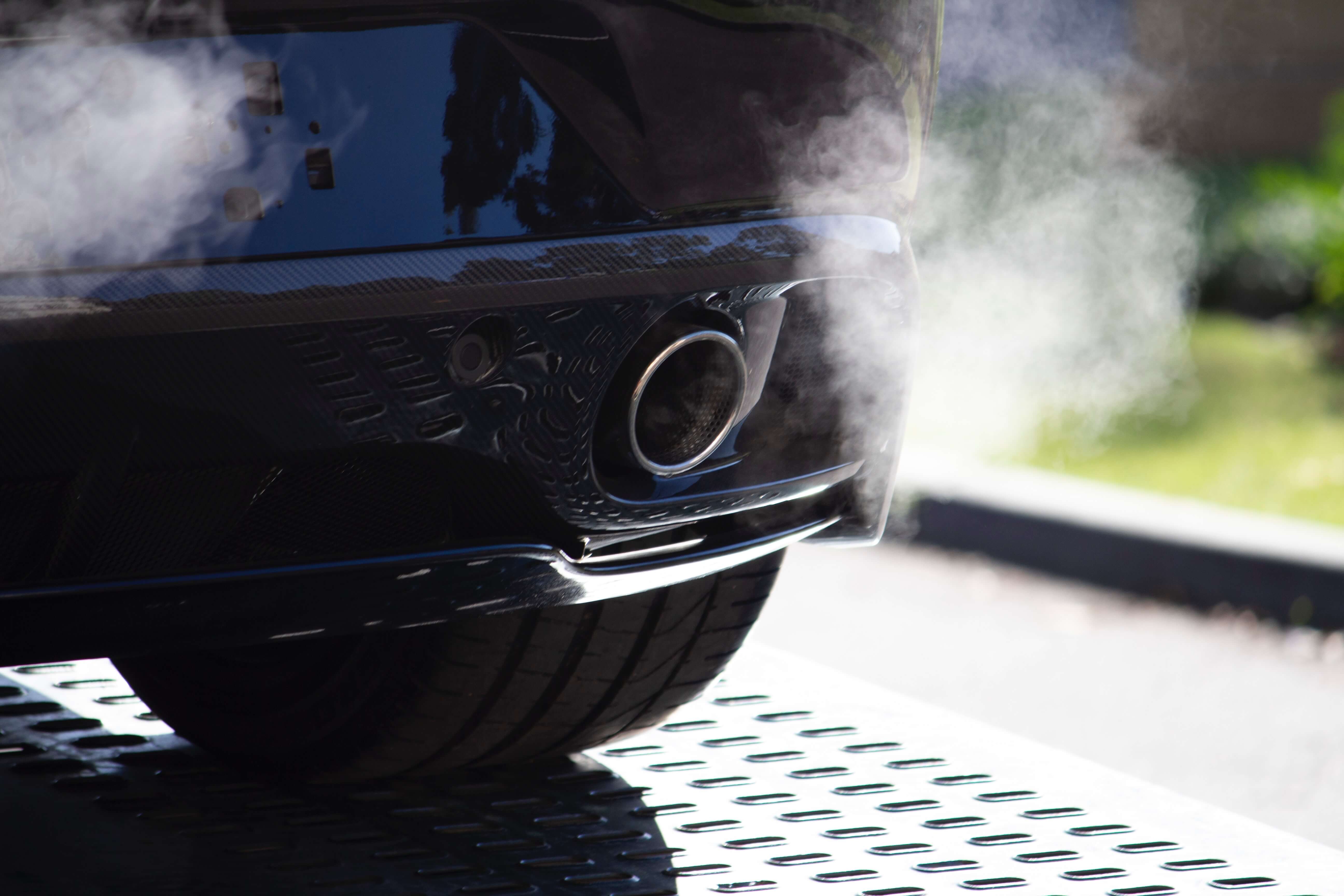
Drivers with the highest polluting cars pay the most road tax. However, if you choose a car that produces less than 100g of CO2/km, you will pay nothing at all.
To check the latest vehicle tax rate, you can do so here. An average car like the 2016 Volkswagen Up with a CO2 emission of 117g/km will set you back by £30 annually. You can calculate your vehicle tax rate here as well.
7. Smaller cars are cheaper to insure
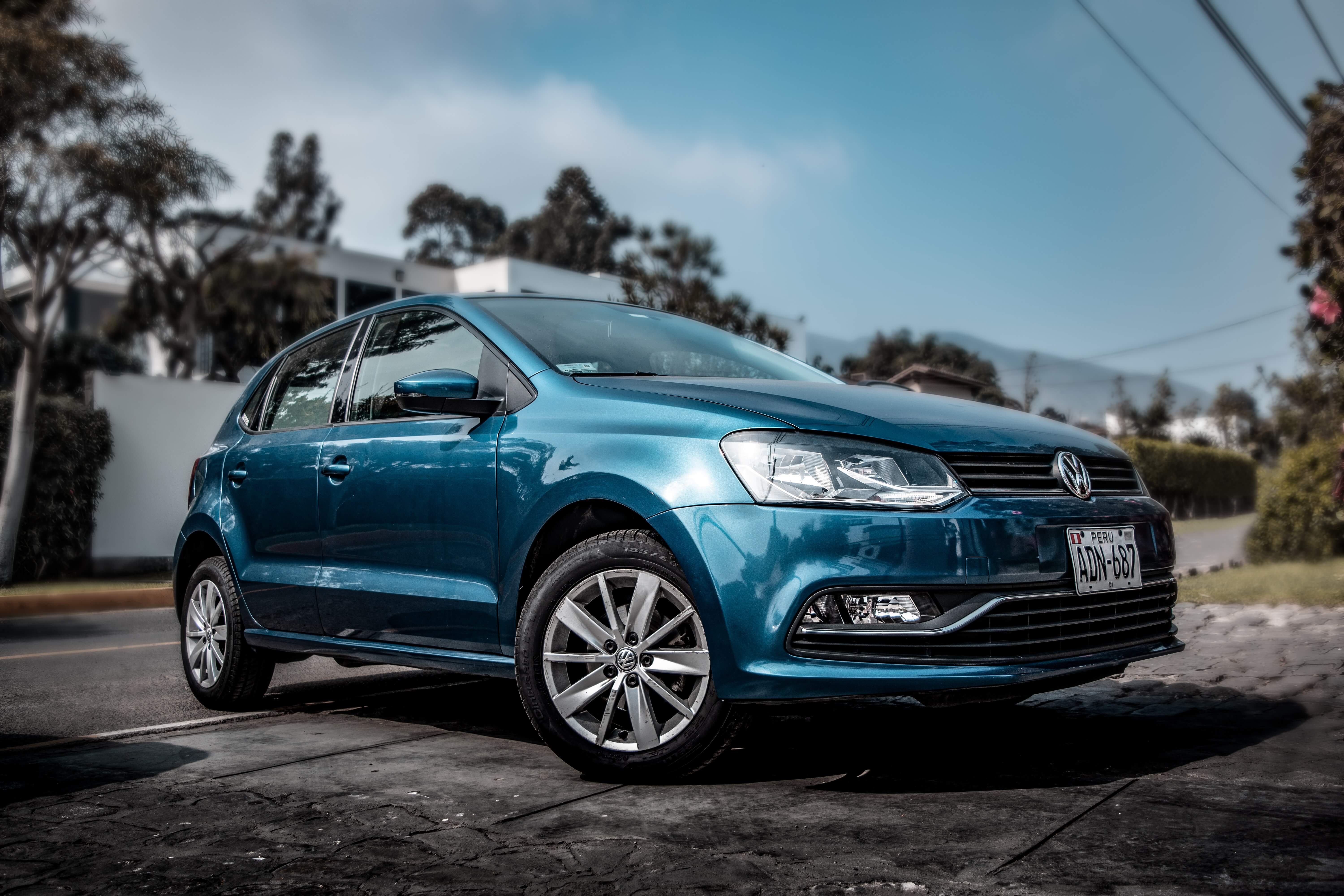
If you are looking to save money on maintenance, you should be looking at a car that is cheap to cover. A lot of the time, cars that are cheap to insure come in small sizes. Simply put, it will cost you far more to insure a 4-wheel drive than it would for a basic town car.
The insurance groups are based on a 1-50 system. They are grouped based on performance, safety features, price of a new model and cost of spare parts. The Volkswagen Polo Hatchback is an example of a car in group 1, thus making it cheap to insure.
If you are looking to check what group a car you are considering is in, you can do so here. If you are looking for a list of cheap cars to insure, click the link here.
8. One year old cars are 20-35% cheaper than new
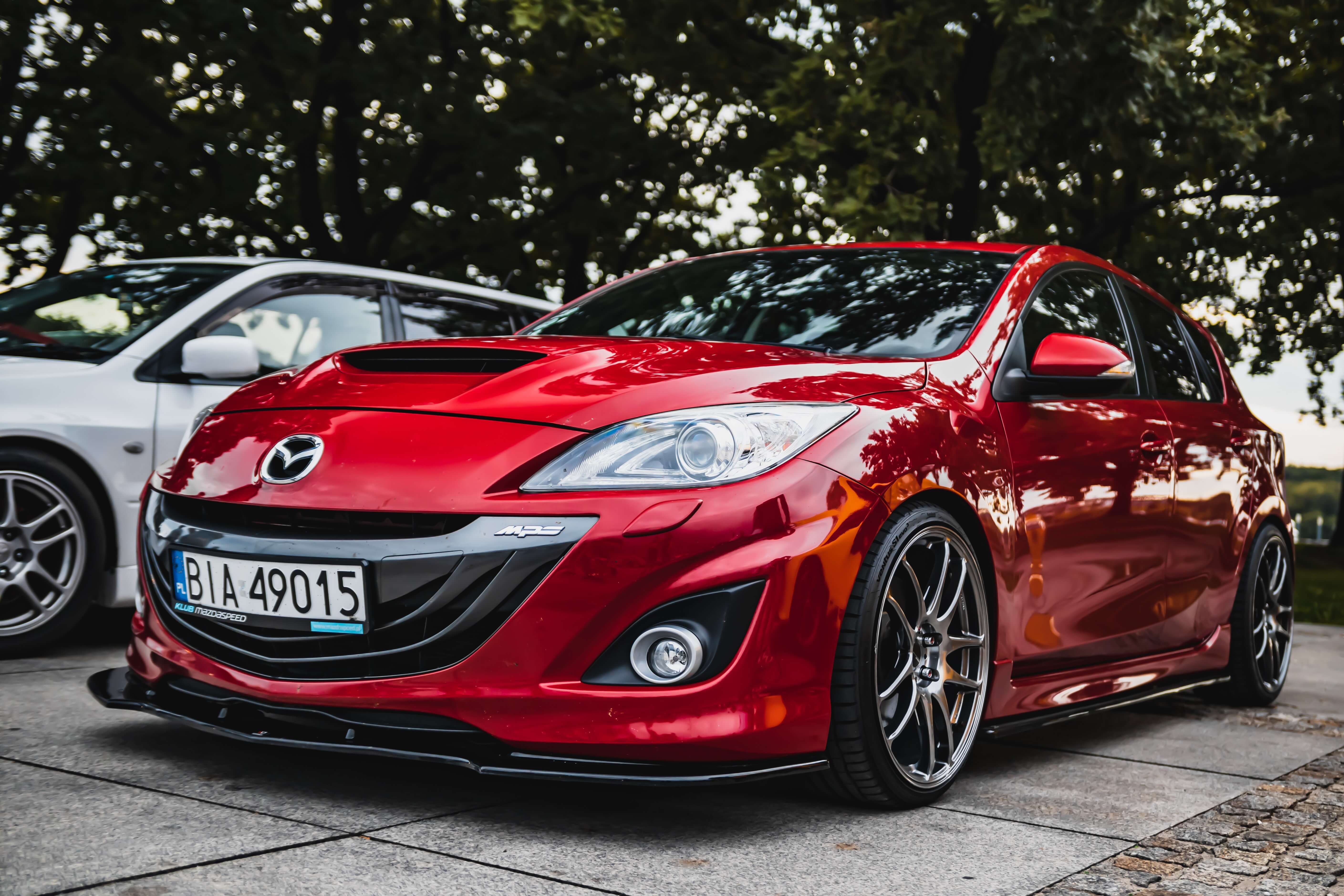
The average price of a new medium-sized car is approx £23,200. However, once a year has gone by and it has hit its 10,000 miles mark, it can drop to as low as 35%. The average car depreciation hits the hardest in the first year of ownership. This means a car that costs £23,200 brand-new can cost as low as £15,000 in 12 months.
If that isn’t a deal, I don’t know what is!
Decide when and where to buy your used car
Now that we’ve covered those points, next you need to consider the time you are looking to purchase your vehicle.
Just like you and I, dealers have their own targets to meet besides the price they want to achieve. If you have your mind set on a particular car, keep an eye on prices a few months ahead. If they are heading up, the sooner you purchase, the better.
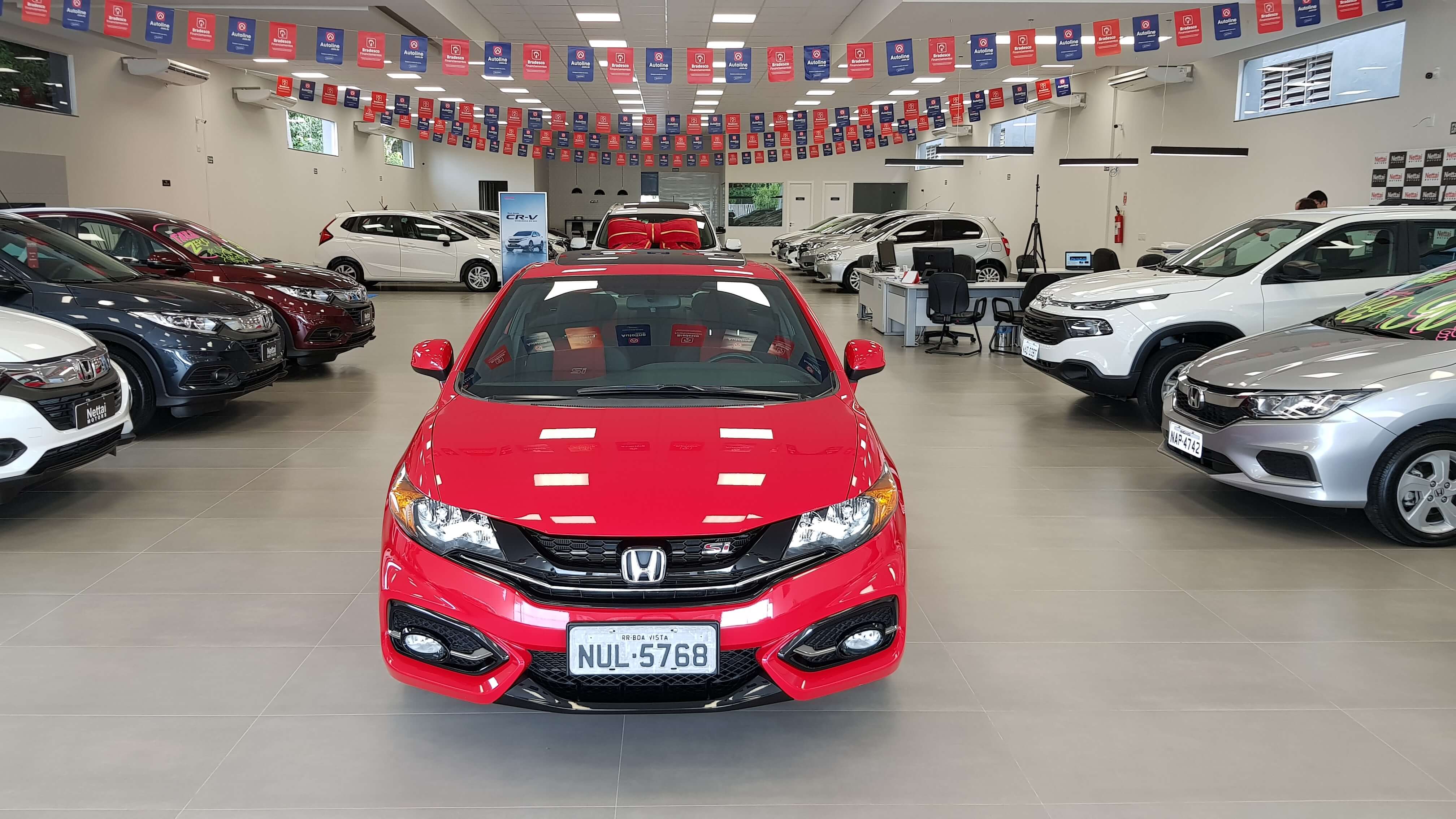
Avoid weekends, the start of the month or just after payday. A car dealership filled with wannabe buyers is not a place to bargain hard. Do not leave your purchase for the last day of the quarter because dealers are most likely to have already met their targets, making any deal following this unnecessary.
If you are looking to buy privately, it is worth picking a time when other potential buyers may be away. A good example of this would be to buy over Christmas or deep in the summer holidays when people are away sunbathing in Greece. Furthermore, if you take into consideration seasons of the year, summer is when drivers dream of buying convertibles, which makes winter a great time to haggle for a deal on one.
Find dealerships and pit their prices against each other
First and foremost, arm yourself with the cheapest web prices and check What Car?’s ‘target price’ for all brand new cars. Print it out and stick to it during negotiations. Ask all dealers in your area for their best deal on your car of choice. If you are prepared to travel further than your local area to find a rock-bottom price, do just that. Make a note of the best price, and ask others to beat it.
Better yet, go back to your local dealer to ask if they will match the best offer. They may just be keen for your cash and be happy to offer the same deal!
Practice smart haggling
Haggling is a dealer’s classic skill, so why not play a dealer at his own game! Rule 1: NEVER pay the list price of the car, unless your purchase is being made over the internet where haggling is limited.
Be friendly, but firm. Remember, you are more likely to get a result if the staff member empathises with you. To take it up a notch, be polite, charming and treat the process with humour. You are bound to go further with the haggling!
Look for cars that have already been discounted. If prices have already been reduced, oftentimes there is room for more flexibility. Psychologically, a salesperson has already given up on the idea of getting it at full price, thus is willing to flex the boundaries further.
Don’t fill the awkward silence. A classic sales technique is staying silent as negotiations come to a close. Sales personnel want you to accept the price just to fill the awkward silence. Instead, turn the tables and make them fill it with a cheaper offer.
Walk away. This is a little passive aggression that we see in classic chick flicks where boy chases girl soon after. Psychologically, if they have to chase you rather than you being super keen, it is more likely to lead you to a better deal.
Find flaws. Look for the tiniest scratches or dents. This makes it harder for sales personnel to flog, but the car remains perfectly nice to drive. You are bound to get a deal on these imperfections. Score!
If you never ask, you will never know. If you are buying privately, it never hurts to make an offer. The worst case scenario would be the seller saying no. Even when you walk away, the seller could call you back if there’s been little further interest.
Second Checklist
This is your second checklist on this journey of purchasing a used car. Remember, it’s not just about liking the look of the car, it’s about everything that comes with it. Here’s what you need to look out for:
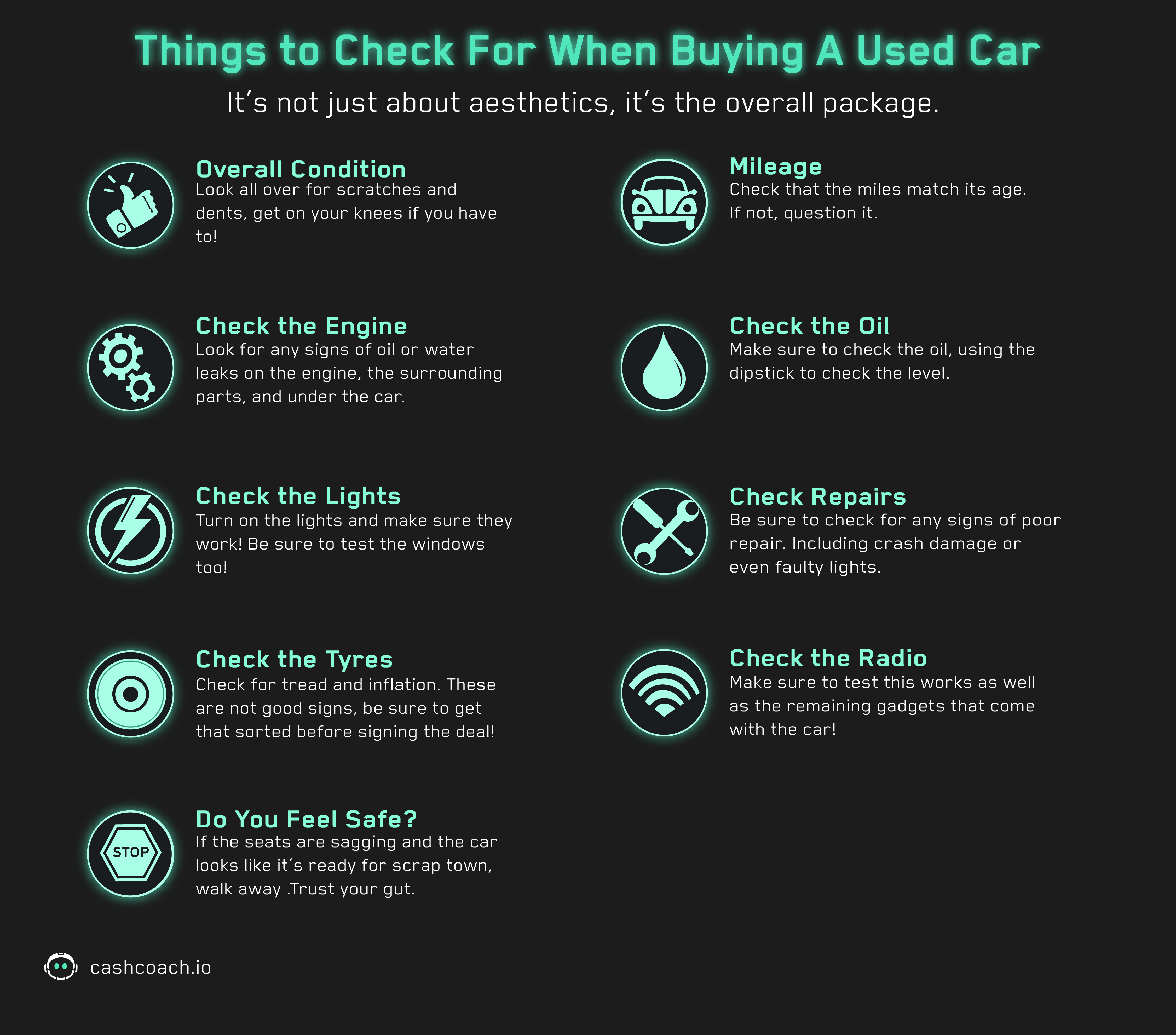
Diesel vs Petrol
Diesel engines are usually more fuel-efficient than petrol engines. However, as mentioned before, it is what you need that matters most. A diesel engine is not necessarily the best option for everyone.
Diesel cars tend to be the fuel of choice for those who need to tow, as diesel engines produce huge amounts of pulling power. Whilst a diesel engine may give you a higher miles per gallon (mpg) and are ideal for long journeys, diesel engined cars are not suitable for those looking for a car to cater to short journeys and are looking for cheaper fuel. If fuel economy is vital, consider neither and look at the prospects of owning a hybrid. According to Which?, hybrid cars are now the most fuel efficient of the three fuel types as they are superbly frugal around town and motorway fuel economy continues to improve.
Third Checklist
11 Things to Check When Test Driving
Here’s your third checklist: Test Driving
- Are you comfortable in your driving position at the wheel?
Check the seat slide, rise and tilt. Can you adjust the steering wheel position? Can you see all the mirrors and through the windows? Can you reach the pedals, gear stick and handbrake comfortably?
2. Try different routes.
Don’t just test local town roads, include the motorway if you will be driving on this frequently.
- Check for veering.
Does the car veer? Is it veering to one side or does it feel balanced? Does the car pull away smoothly?
4. Check the brakes and clutch.
Check if the brakes and clutch function smoothly and effectively. Do a three-point turn to check for play in the steering. Try the handbrake on a hill and listen for any unusual rattling or banging sounds. Do an emergency stop on an empty road to double check the brakes.
- Check your doors.
Are the bonnet, doors and boot easy to open and shut well?
- Boot space.
If you are looking to carry heavy or bulky items frequently, is there enough space in your boot for these items? Will it be easy to lift them into the boot?
- Check the suspension.
How well does it soak up bumps and takes corners?
- What is the power like?
Is the car powerful enough to pull away from traffic lights and keep going up hill without requiring endless gear changes? No one wants to roll back in panic!
- Check the passenger space.
Is the space enough to accommodate the number of people in your family? Is this comfortable enough for long journeys? If you are fitting in a car seat, can it accommodate this?
- Check for engine noise or any other noise.
Are there any irritating buzzes or rattles?
- Do you have the space for it?
Do you have dedicated parking space for it or is it off street parking? Is there going to be an issue fitting the car?
Buying via Dealer vs Privately
Dealers often give warranties on approved used cars and will go the extra mile to make the car look and feel new with faulty parts replaced before sale.
Thus, you may pay more buying from a dealer than from a private seller. This route however gives you peace of mind and makes it easier to rate complaints (e.g. Google) if something goes wrong, which often can happen with used cars. If the car turns out to be faulty and you didn’t know about it, you should be able to get a refund, repair or replacement.
If you buy a car from a dealer, you have rights under the Consumer Rights Act. If you return the car within six months, then it is up to the dealer to prove the car wasn’t faulty when you bought it. After this, it is up to you to prove the car was faulty at the time.
If you buy a car on finance or pay the deposit on a credit card from the dealer, you can take your complaint to the Financial Ombudsman Service. The service is only to be approached if you have failed to get a resolution within eight weeks by taking your complaint to the dealer or finance company.
If you buy the car with cash or a loan from the bank, find out if the dealer belongs to a trade association. Go through its alternative dispute resolution process. You can find out more information through Citizens Advice.
Private sales mean you are held responsible to check the car’s condition and history. You have far fewer rights if something goes wrong than you do when buying from a dealer. This however could be the cheapest way to buy a used car. The seller must give an accurate description. But it can be hard to prove if they pulled the wool over your eyes, thus keep copies of the original advertisement. If the seller describes the car over the phone, ask for a confirmation on black and white e.g. email.
Be sure to go to the seller’s home to see the car, not a carpark or station. If the seller offers anywhere else, be wary. Take a friend or family member for a useful second opinion on the possible purchase.
Remember, if you pay using PayPal, purchase protection does NOT apply to cars, and neither does eBay’s own buy protection. So if anything goes wrong, you cannot turn to either to sort it out.
If you have bought online, you may have additional rights under the consumer contracts regulations. This means you have a 14-day cooling-off period to change your mind once you’ve received the car. Besides that, some car auctioneers belong to the National Association of Motor Auctions, which has a code of practice.
If your complaints fall on deaf ears, and you want to take matters into your own hands, you can do the following. If your purchase is less than £10,000, you may be able to take legal actions for claims up to £10,000 in a Small Claims Court. You can find more information here.
Alternatively, you are willing to pay a bit more for security, you could buy ‘approved used’ from a car manufacturer’s franchised dealer. For example, you can buy a Toyota from a Toyota dealership. This is the most expensive option, however it is the deal with the best security.
Car Insurance & Tax
Before you take ownership of a car, make sure you sort out your car insurance beforehand. You must have insurance in place as soon as you become the legal owner, even if you’re not driving it just yet.
It is illegal to drive on public roads without insurance. Therefore, be sure to insure it before picking it up. Be sure to ask the dealer if the car comes with any insurance. You may be covered for a week, but if not you will need to arrange insurance before driving the car away.
Any remaining tax on the car is not transferable between owners. You will need to get the car taxed as soon as you take ownership, this can be done online at Gov.uk
Fun fact, try to buy at the start of the month. If you buy later in the month, you still need to pay the full tax premium for May, even though you haven’t owned the car.
Fourth Checklist
Documents and Paperwork
When you buy a used car, you will be given a stack of documents. It is important to check you have the right ones before sealing the deal. Here’s the fourth and final checklist for you to crosscheck.
1. Logbook or V5C
This is proof that you are the registered keeper of the vehicle, it is issued by the Driver and Vehicle Licensing Agency (DVLA). However, you may not be the owner if you have bought the car on finance.
2. Car Manuals
As cars get more and more technical, some features remain mysteries! It is good to have the manuals as backup and to make use of all features.
3. Servicing booklet
Check you have this as it will list when the car was last serviced, and what has been repaired or replaced.
4. Keys
Don’t forget the keys! Make sure you are given at least one spare. Car key replacements are expensive.
5. Spares
If you are expected to have a spare wheel, make sure to check for this as well as the tools needed to change it.
6. Sales contract
This is very vital. Make sure you get a dated sales contract that discloses you have completed the deal and paid the right amount of money. Check your name and address as well as the full details of the car, the agreed price, and any payments already made.
7. Finance package
If you’re opting for finance, make sure you understand any jargon before you sign the contract.
Now that you are fueled with all the information you need, I wish you all the best on your journey
of purchasing a new used car! Remember to take note of the four checklists in this article, and be
sure to utilize them as they will come in handy.






